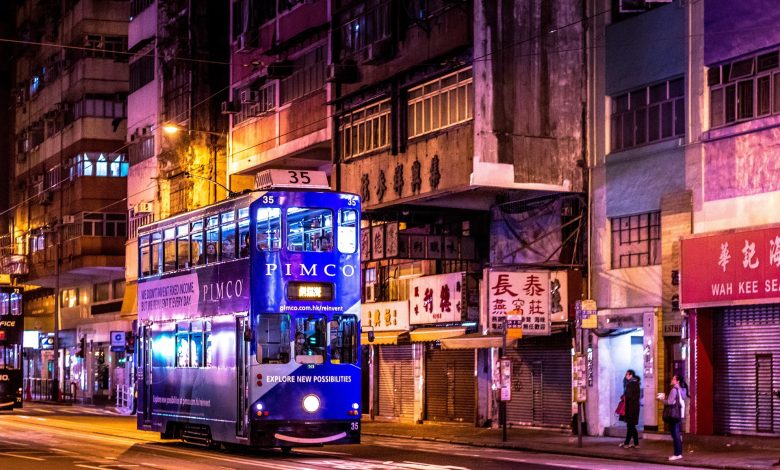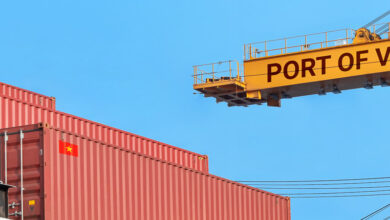Companies in Hong Kong wrestling with 20 per cent turnover rate, struggling to recruit mid-level staff, leading business group says
CEO of Hong Kong General Chamber of Commerce warns increasing salaries not cure-all for talent shortage, could result in non-profits losing out to commercial entities Government must offer more incentives to encourage talent to relocate to Hong Kong, he adds

Companies in Hong Kong are struggling with an emigration wave that has pushed turnover rates above 20 per cent, with the loss being felt especially keenly in their middle ranks, one of the city’s largest business groups has said.
George Leung Siu-kay, CEO of the Hong Kong General Chamber of Commerce, on Sunday warned that increasing salaries was not a cure-all for the situation, as non-profit organisations would find it difficult to match offers being made in the private sector.
The government should instead offer more incentives for professionals from mainland China and the rest of the world, he urged, calling talent trawling crucial in driving Hong Kong’s economic transformation amid an evolving geopolitical environment.
Leung told a radio programme that the continuous outflow of the city’s labour pool, especially its mid-level workers, had “severely crippled the operations” of locally based companies.
“As we talked to businesses, we realised that every company had a turnover rate of more than 20 per cent, including many financial institutions,” he said.
“[Employees] at the middle levels are the most productive and could become the backbone of future management … Senior management is taking over their jobs, and I learned that managers are now having to operate forklifts themselves.”
Government figures from last month showed Hong Kong’s workforce in 2022 shrank by 94,000 employees, or 2.4 per cent, from the 3,776,300 recorded the year before. Over the past four years, the city has lost a total of 220,500 workers.
Leung, however, warned that boosting wages to ease the shortage during the current period of low unemployment would create “vicious competition”, with NGOs serving the underprivileged being among those that would struggle to keep up with commercial entities.
He argued that importing talent would support businesses in Hong Kong and help the city navigate changes brought about by Western countries seeking to reduce their supply chain reliance on mainland China.
Read more : South China Morning Post




